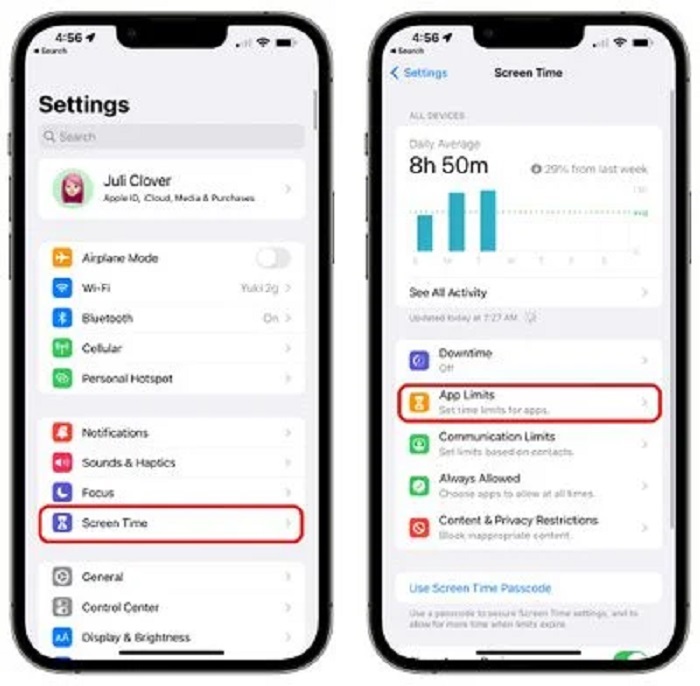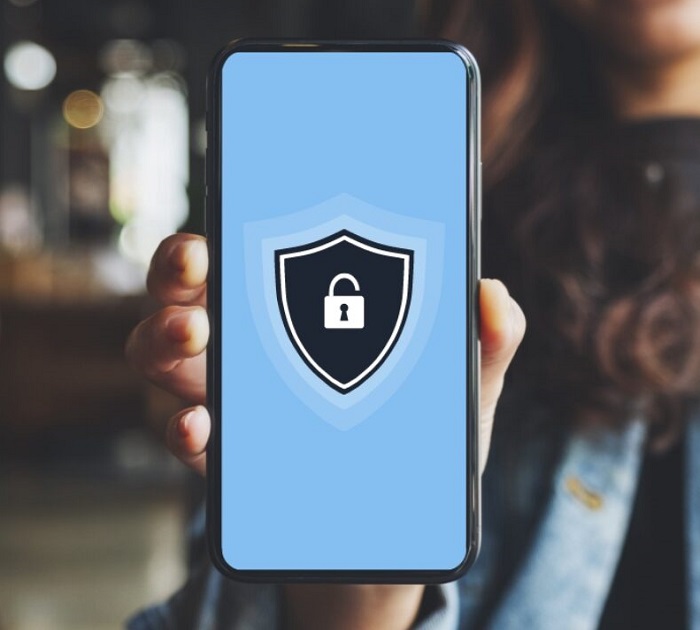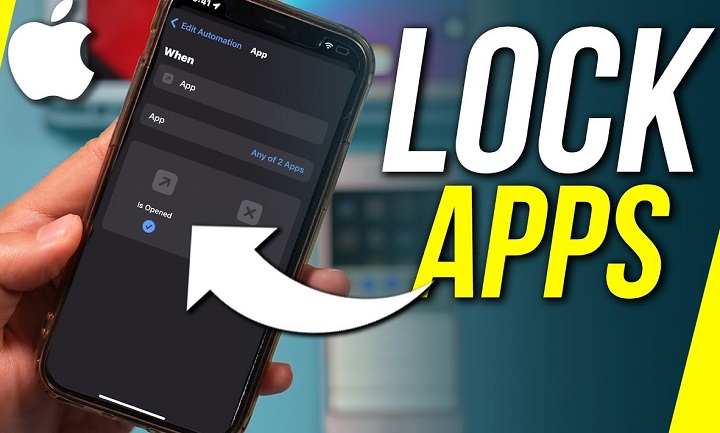In today’s digital age, privacy and security are paramount concerns for iPhone users. With the multitude of sensitive information stored on our devices, from personal photos to financial data, it’s essential to safeguard our privacy from prying eyes. One effective way to bolster your iPhone’s security is by locking individual apps, adding an extra layer of protection against unauthorized access. In this comprehensive guide, we’ll delve into the various methods and tools available to lock apps on your iPhone, ensuring your sensitive data remains secure.
Understanding the Need for App Locking

- The importance of protecting sensitive information on your iPhone.
- Risks associated with unauthorized access to apps.
- How app locking enhances privacy and security.
Built-in Features for App Locking on iPhone
- Overview of built-in iOS features that offer app locking functionality.
- Using Screen Time passcode to restrict access to specific apps.
- Limitations and drawbacks of using Screen Time for app locking.
Exploring Third-Party App Locking Solutions
- Introduction to third-party apps offering advanced app locking features.
- Reviewing popular app locking apps available on the App Store.
- Comparative analysis of features, usability, and security of third-party solutions.
Step-by-Step Guide to Locking Apps on iPhone
- Detailed instructions on setting up app locks using built-in features.
- Configuring Screen Time passcode and restrictions.
- Selecting individual apps to lock and customize access permissions.
- Walkthroughs for installing and using third-party app locking apps.
- Downloading and installing preferred app locking app from the App Store.
- Setting up app locks for desired apps and adjusting security settings.
Best Practices for App Locking on iPhone
- Tips and tricks to optimize app locking for maximum security.
- Choosing strong passcodes for app locks.
- Regularly reviewing and updating app lock configurations.
- Backing up sensitive data to iCloud or other secure platforms.
- Staying vigilant against phishing attempts and social engineering attacks.
Addressing Common Concerns and FAQs
- Addressing common questions and concerns regarding app locking on iPhone.
- Can app locking apps compromise device performance or battery life?
- What measures can be taken if you forget the app lock passcode?
- Are there any legal implications of using app locking apps?
- How does app locking impact app notifications and functionality?
Advanced App Security Measures for iPhone Users

- Beyond app locking: exploring additional security measures for iPhone users.
- Implementing two-factor authentication for Apple ID and iCloud.
- Using secure password managers to store and generate strong passwords.
- Enabling Find My iPhone feature for remote device tracking and data wiping.
Future Trends and Innovations in App Security
- Predictions for the future of app security on iOS devices.
- Integration of biometric authentication for app locking.
- Enhanced encryption and data protection mechanisms.
- Potential regulatory developments impacting app security standards.
Conclusion: In conclusion, locking apps on your iPhone is a proactive step towards safeguarding your privacy and security in an increasingly digital world. Whether utilizing built-in iOS features or third-party app locking solutions, the key is to find the right balance between convenience and security. By following the guidelines and best practices outlined in this guide, you can fortify your iPhone against unauthorized access and enjoy peace of mind knowing that your sensitive data remains protected. Take control of your app security today and stay ahead of potential threats in the ever-evolving landscape of mobile technology.


